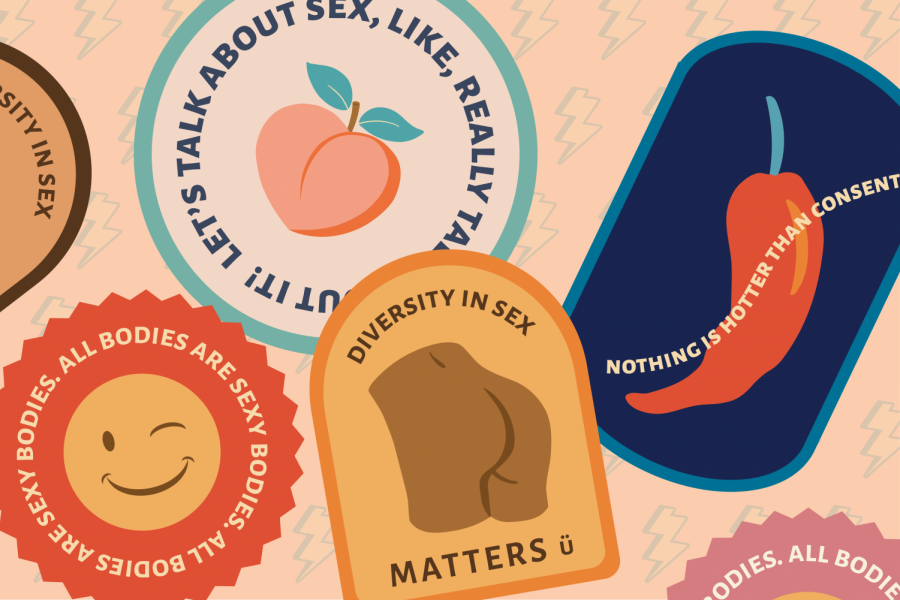Second annual Sex Week emphasizes inclusivity
The week of March 1, the Well for Health Promotion partnered with a variety of academic departments and student organizations to create diverse and informative programming for Tulane’s second annual Sex Week. This year’s Sex Week, conducted in hybrid format, offered educational events designed to benefit students of all sexualities, races, abilities and cultural backgrounds.
Sex Week aims to compensate for the incomplete sex education that students may have received in high school and offer opportunities to engage in conversations about sexuality, empowerment and sexual health. These events ranged from anonymous Q&A sessions with professionals to discussions of trauma and sexual violence to regular safe-sex giveaways.
Senior Sex Week Coordinator Kate Kushner said the idea of Sex Week came about after the 2017 climate survey was released, leading to an understanding that Tulane needed to foster a culture of healthier sexuality. Sex Week was created as a way to facilitate open dialogue regarding health, sexuality and consent on campus.
“It is so clear that students are really looking for these types of authentic conversations and sexual education that speaks to their unique experiences and identity,” Kushner said.
Kushner said that these events are especially important in a college campus environment, with constant opportunities and pressures to be sexually active. Open and shame-free conversations about sexuality empower students to be responsible even in this overwhelming setting.
“I feel like at Tulane, students are relatively educated about sex and safe sex practices,” student Penelope Pollard said. “But with hookup culture, most people are under some sort of influence, and it’s much easier to disregard safe sex measures like condoms.”
Beyond promoting sexual health, an incredibly meaningful aspect of Sex Week is its emphasis on inclusivity and raising important discussions about the overall heteronormative nature of sex education. For students like Helena Stewart, who was raised in a conservative area of Texas, college is their first time hearing open conversations about queer sex.
“I know that I’ve never had any sexual education that had anything to do with anyone who wasn’t straight,” Stuart said.
Freshman Grayson Mkfessel said that LGBTQ students are put at higher risk for HIV/AIDS transmission in the college environment because “gay men and women have to learn everything on their own.”
The events during Sex Week gave students an opportunity to comfortably raise questions about sexual experiences that they might be otherwise ashamed to ask. Kushner’s favorite was Sex After Dark, which took place over zoom on Wednesday night.
“It transitioned so well to a virtual format, making it a truly judgement-free space to get your burning questions answered by a great sex educator, Hope Kodman from Dynamo Toys and Supplies,” Kushner said.
Your donation will support the student journalists of Tulane University. Your contribution will allow us to purchase equipment and cover our annual website hosting costs.





Student • Mar 11, 2021 at 8:08 am
This is disgusting. Just figure that stuff out on your own. Sounds like a cult run by a bunch of wannabe sex havers.